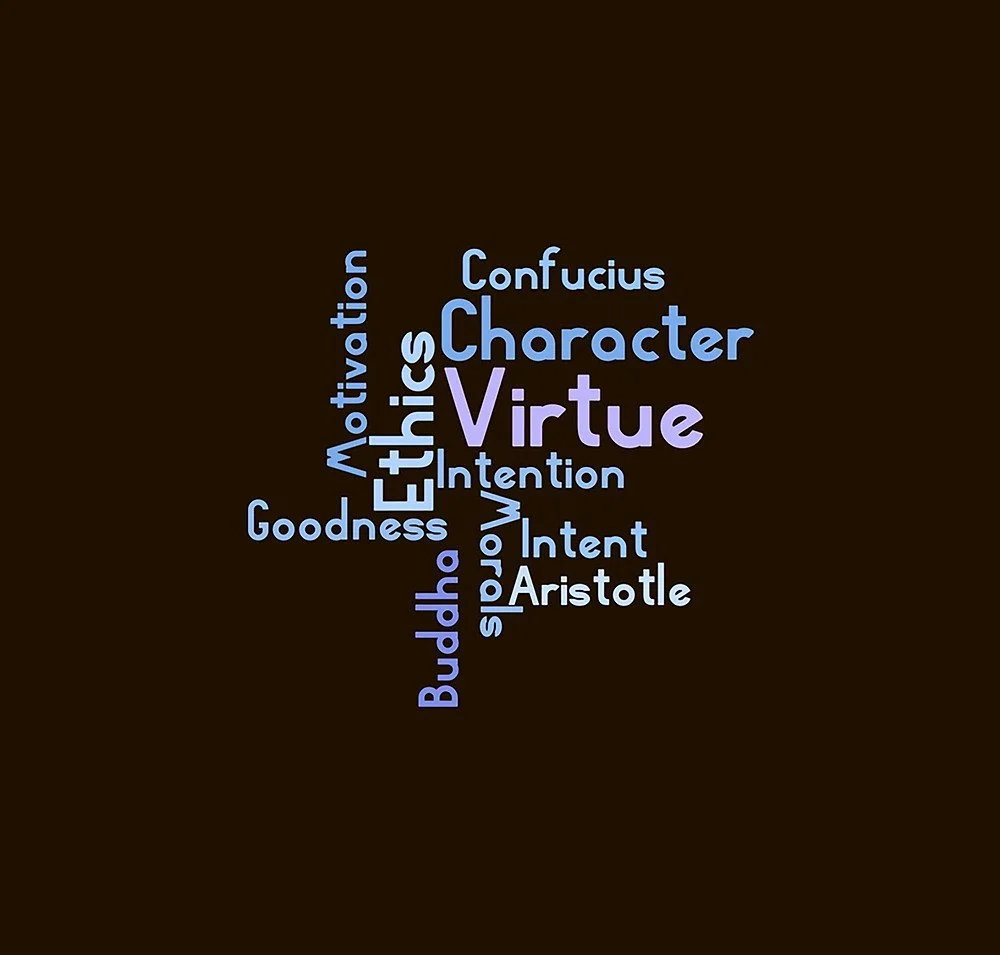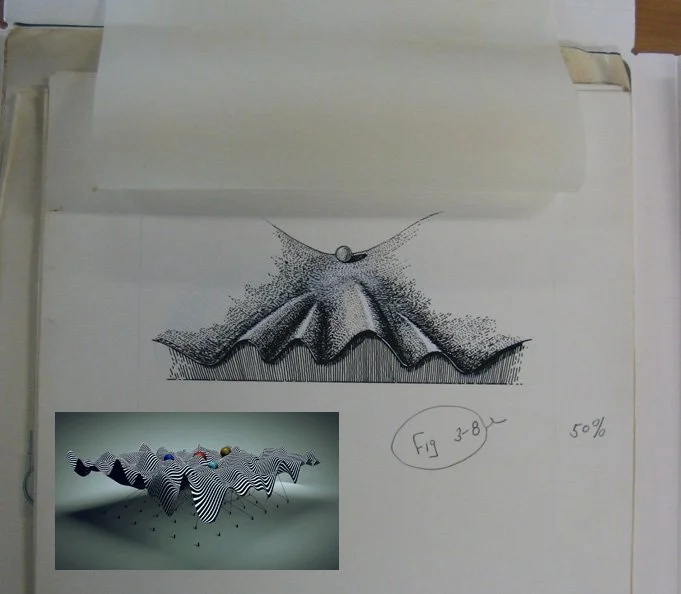Virtue ethics
Like many emotion researchers, I am interested in the cultivation of emotional habits because they influence our health, our wellbeing, and our capacity to be good to each other. I see this work as part of a larger project to understand how our characters are shaped by our life histories, in line with the broadly Aristotelian notion that the normative component of virtue ethics — which tells us how we should strive to develop our characters — depends crucially on descriptive features of our moral psychology. My work in virtue ethics is informed by a longstanding interest in Buddhist philosophy (the topic of my Masters thesis), and my experience teaching Aristotle’s Nicomachean Ethics to first-year philosophy students.
Bottom-right: Waddington’s famous ‘developmental landscape’ (1957, p. 36). In this image the developmental trajectory of an organism, represented by the rolling ball, is determined by a landscape representing its developmental dynamics. Grooves represent natural tendencies of the system (e.g., its inbuilt emotional capacities). The specific course the marble takes (e.g., the mature emotional disposition of the organism) depends on the types of challenges and supports present in the environment, especially during sensitive developmental periods.

